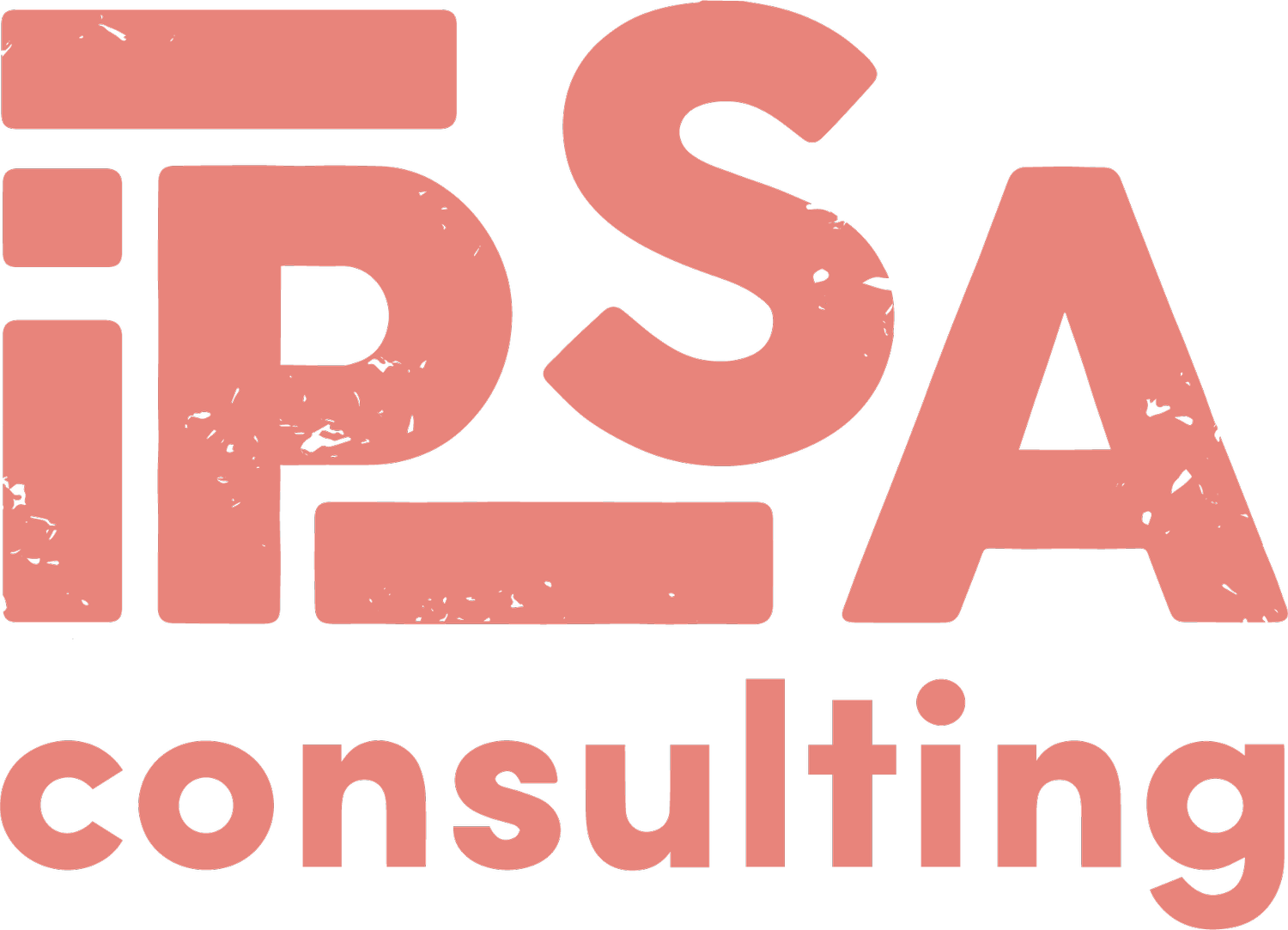What is an Effective Business Strategy?
In the often fast-paced world of business, having a clear direction is crucial for continued success. This is where a well-defined business strategy comes in. It's your roadmap to achieving your long-term goals, outlining how you'll navigate challenges, identify and make the most of opportunities.
What Makes a Business Strategy Effective?
An effective business strategy isn't just a wish list; it's a practical framework built on several key components:
Vision & Mission - A clear vision defines your company's aspirations, while the mission statement outlines your purpose and core values. These elements guide your decision-making and keep your team focused.
Market Analysis - Understanding your target audience, competitors, and the broader market landscape is essential. This knowledge informs your collaborative advantage and growth strategies.
Collaborative Advantage - What sets your business apart? Identifying your unique selling proposition (USPs) allows you to position yourself effectively in the market.
Goals & Objectives - Set specific, measurable, achievable, relevant, and time-bound (SMART) goals to track progress and ensure your strategy is driving results.
Action Plan - Transform your strategy into actionable steps with clear timelines and ownership assigned to each task.
Accountability - If you run a business alone, seek accountability from within your business network, a mentor or a coach. And if you’re a co-owner, be accountable to one another.
Developing Your Business Strategy
The development of a business strategy is a collaborative process, often incorporating these steps:
Situation Analysis - Evaluate your current position, strengths, weaknesses, opportunities, and threats (SWOT analysis).
Goal Setting - Define your long-term vision and translate it into measurable short and mid-term goals - we use annual, quarterly and weekly goals.
Strategy Formulation - Develop a plan that leverages your strengths, addresses weaknesses, and makes the most of market opportunities.
Implementation - Break down your strategy into actionable steps and assign ownership, time, budget and available resources.
Monitoring & Evaluation - Track progress, measure results against your goals, and adapt your strategy as needed.
Adapting Your Strategy for Different Functions
A strong business strategy isn't a one-size-fits-all approach. Different functions within your organisation (marketing, sales, operations etc) will need to adapt the overall strategy to their specific areas. This ensures alignment and allows each department to contribute effectively to achieving the company's goals.
The Role of a Business Strategist
A business strategist can be a valuable asset in crafting and implementing an effective strategy. They offer expertise in strategic planning processes, guiding businesses through the development and execution phases.
By investing time and effort into creating and implementing a business development strategy, you equip your business for long-term success. A well-defined strategy should be a dynamic, live document (we use Trello), adapting to changing market conditions and evolving alongside your business.
Ready to take the next step?
Our expertise can help refine your strategy and ensure it propels your business towards achieving its full potential. Book a 90 minute strategy session here.
